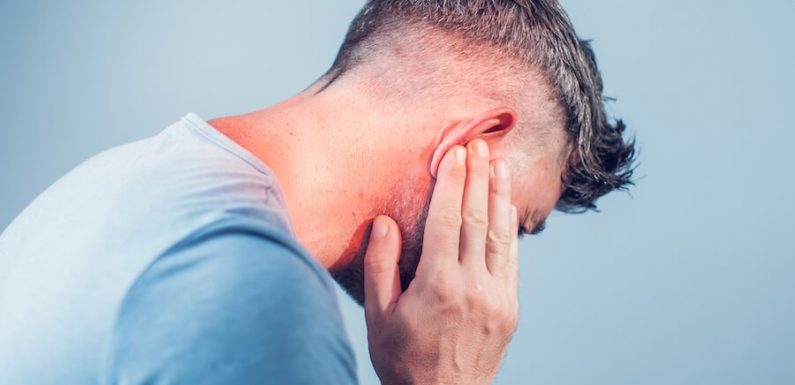
Tinnitus (also known as telinga berdesing in Malay) is not a disease – but a symptom that is often described as a ringing in the ears. This is usually a perceived sound when no external noise is present and it varies between individuals. It can be soft or loud, low or high pitched, heard in one or both ears. It is a sign of something being wrong with your auditory system, which includes your ear, some nerves, and part of your brain that processes sound. Unfortunately, there is no cure for tinnitus as there is no way to reverse the damage that had been done. Most people just get used to it and learn to tune it out, as ignoring the sound provides relief. Tinnitus is usually not something serious, although it can be bothersome in your daily life. You should talk to your doctor if your tinnitus interferes with your daily life or causes emotional distress. The main aim of treatment and remedies is to help you cope with the perceived sound in your head and improve your quality of life, below are some examples of tinnitus remedies that you can try.
- Treat any underlying conditions
Some cases of tinnitus can occur due to underlying conditions such as problems with the temporomandibular joint (TMJ, the joint that connects the jawbone to the skull), certain blood vessel conditions, ear infections, medications, or excessive earwax. A dental procedure that realigns your bite may alleviate the problem if it is due to TMJ, and removal of earwax blockage or foreign objects lodged against the eardrum may help. If there is an underlying blood vessel condition, medication or surgery may be required. If you are taking a medication that causes tinnitus, your doctor may want to stop or switch to a different medication.
- Hearing aids or sound-masking devices
Most cases of tinnitus are due to hearing loss. Using a hearing aid that increases the volume of external noises can improve the way your brain process external sounds and makes your tinnitus less noticeable. Another device that can help is a sound-masking device that provides a pleasant external noise that helps to partially drown out the internal sound of tinnitus. These devices play white noise (simulated environmental sounds such as ocean waves or falling rain) or other ambient sounds to help you relax and ignore the internal tinnitus sound. Common household items such as headphones, televisions, music players, humidifiers, or even a fan can also be used for a similar effect.
- Therapies
Cognitive behavioral therapy (CBT), Tinnitus retraining therapy (TRT), counseling, or support groups may help you cope with tinnitus. Although they do not reduce the internal sound itself, the therapies can teach you ways to accept it and improve your quality of life with tinnitus. CBT helps you to learn how to cope with a high level of emotional stress, manage depression, anxiety, or insomnia due to tinnitus. TRT involves retraining the auditory system to accept the tinnitus as a natural rather than disruptive sound, with counseling from trained professionals and wearing a sound-masking device. Counseling and support groups are helpful to learn about coping techniques to make tinnitus less bothersome.
- Medications
There are no Food and Drug Administration (FDA)-approved medications that can cure tinnitus, but they may help to reduce the severity of tinnitus, making the symptoms less bothersome and thereby improving your quality of life. Antianxiety and antidepressant drugs help for insomnia, depression, or anxiety due to tinnitus.
- Healthy lifestyle and alternative treatments
Regular exercise and healthy eating contribute to your overall well-being which helps you manage stress, have better sleep, and stay healthier. Meditation and breathing exercises can also help to draw your focus away from the tinnitus. Avoid possible irritants such as loud noises, caffeine, nicotine, stress, or alcohol that can make tinnitus worse. Controlled trials have not found any drug, supplement, or herb to be effective, but anecdotal reports suggest some alternative treatments such as nutritional supplements (ginkgo biloba, zinc, melatonin and vitamin B-12), acupuncture and hypnosis help treat tinnitus.

